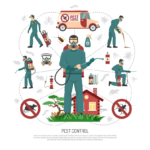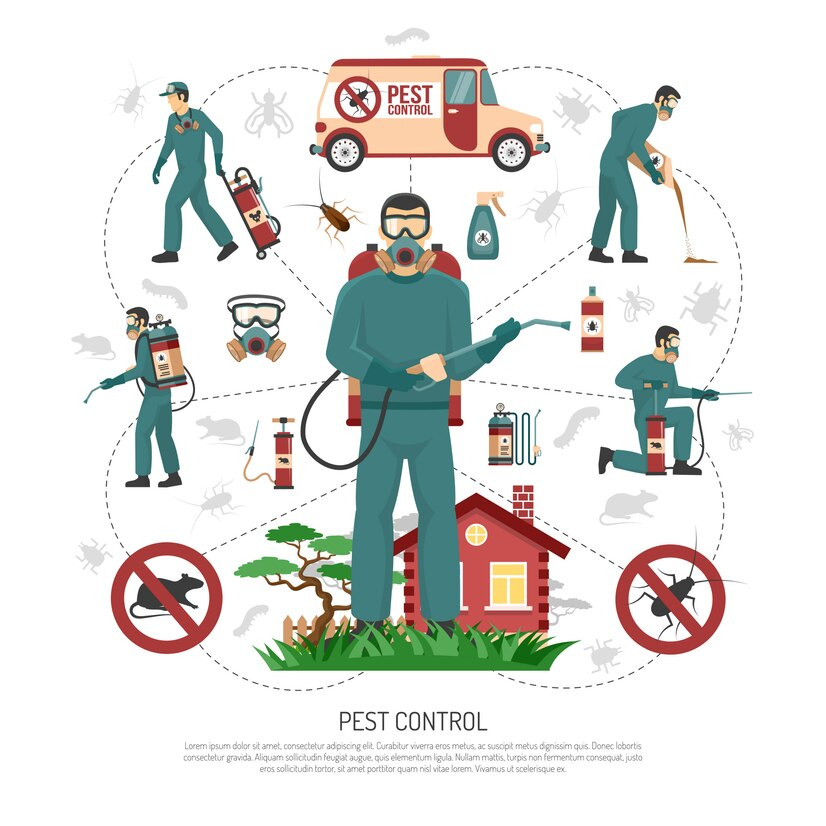Don’t know what you’re talking about when it comes to critical illness insurance and all the jargon that goes with it? If you don’t know what it’s all about, we’ve put up a basic explanation to assist you understand what it’s all about. The health insurance with critical illness cover comes perfect there.
To begin, what exactly is critical illness insurance?
If you’re diagnosed with a critical condition covered by the policy, critical illness (CI) insurance is often a kind of insurance that pays out a lump sum.
To be diagnosed with a critical illness means you’ve been diagnosed with a serious or life-threatening sickness.
The LIA of Singapore has compiled a list of 37 CIs that are approved by the industry. However, the following five CIs account for 90% of all advanced-stage claims received by life insurance companies:
It’s not only your physical health that may be affected by a serious illness. CI insurance is designed to provide financial assistance for you and your family, allowing you to focus on your recovery rather than on how you’ll pay your bills.
Why is critical illness insurance even necessary?
There is a good chance that you will get very ill at some point in your life. Although subsidies and standard health insurance may help reduce the cost of healthcare in Singapore, we may still be saddled with substantial out-of-pocket expenses. The maid bond insurance is most essential in this case.
The cost of a hospitalisation, surgery, and certain outpatient treatment may be reduced with a hospitalisation plan, but it only covers your medical expenses as a whole.
Recovery from a critical illness might take months or even years, and it will cost money.
Singaporeans, according to LIA, are underinsured when it comes to CIs. People and their families might face financial ruin if they or a loved one is diagnosed with a severe disease, either because of the loss of long-term income or because of the growing medical bills.
As a general rule, it takes around five years for someone to recover from a CI and return to work. People in Singapore have a better chance of surviving and living longer, but they will do so at the expense of spending more years (on average eight out of 82) in bad health. Because of the country’s ageing population, this has occurred.
In this period, a working adult needs $316,000 in covering, but the majority of people only have $60,000, which is a huge protection gap of almost 80%. Here is the guide to buying maid insurance in Singapore.
Creating a Hospital
A hospitalisation plan like MediShield Life or a private Integrated Shield plan will cover you in the case of a medical condition or emergency that needs a hospital stay.
Hospitalisation, surgical treatments, and other applicable expenses, including daily ward charges and the doctor’s fees, will be reimbursed up to the maximum amount that you are eligible for.
In contrast, hospitalisation plans aren’t meant to help you manage the long-term expenditures of a catastrophic or life-threatening ailment (more on that later).
Term Life Insurance
If you die or become completely and permanently incapacitated, your beneficiaries will receive a payout from your life insurance policy, which is frequently referred to as a death benefit (TPD).
As a sole breadwinner or if you have dependents who rely on your financial support, this is of the highest relevance to you and your family’s financial well-being.
It is possible to leave a bequest or provide a support payment to your family in order to cover their living expenses, debts, and mortgages, as well as burial expenditures and outstanding medical bills, and therefore ensure that your family will not be left in financial difficulty.
How will getting a critical illness insurance settlement assist me?
A CI strategy’s flexibility is where the bulk of its value lies. The reimbursement from the CI may be used for any purpose, unlike health insurance, which only covers medical expenses. Many of the long-term costs of a catastrophic illness go unrecognised, but compensation may help ease those costs and support you in other ways.












